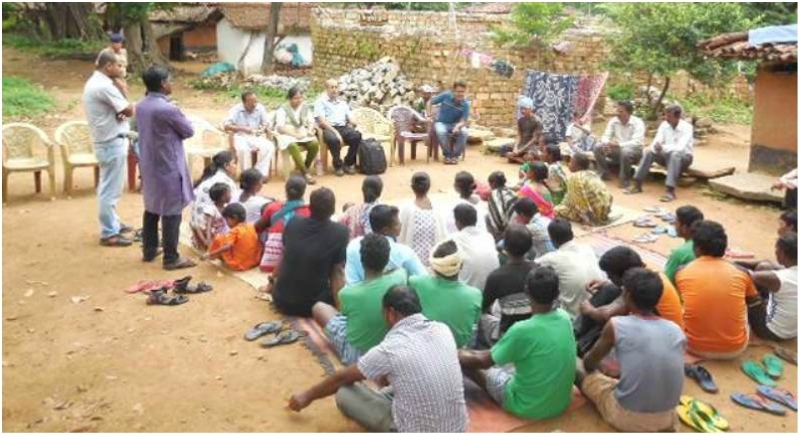Arunachal Pradesh welcomes new Panchayati Raj Bill to regulate funding and streamline functioning system
Itanagar, March 16: With an aim to set up a two-tier system in the state, Arunachal Pradesh Assembly passed the Arunachal Pradesh Panchayati Raj (Amendment) Bill 2018 on Thursday. This bill seeks to do away with the Anchal Samiti, the intermediate level of the three-tier Panchayati Raj system.

Chief Minister Pema Khandu welcomed this move during the Arunachal Assembly. He further informed that the bill will improve the funding pattern and streamline the functioning system of the Panchayati Raj system. Rules will also be framed in consultation with the legislatures of all the political parties, he said and called upon the Panchayati Raj department to work on it and frame rules in consultation with ministers, MLAs and other stakeholders.
State Bhartiya Janata Party President Tapir Gao welcomed this move by congratulating Chief Minister Pema Khandu and Panchayati Raj Minister Alo Libang terming the move as ‘a progressive step’. It will also lead to all-inclusive growth and development of the rural sector, he said.
With this amendment, the structure of the Panchayati state will be two-tier in line with the Provision of Article243 (B) subclause (2) of Constitution.
This is being done following the 73rd Amendment of the Constitution that enables a state having less than 20 lakh population not to have the intermediate level, and Arunachal has a population of 13.84 lakh, Panchayati Raj Minister Alo Libang said.
“There is a need to standardise the use of financial resources due to the poor resource base. Moreover, plans and policies got delayed at the Anchal Samiti level,” Libang said.
The two-tier system will standardize the use of financial resources and will enable faster execution of plans and policies. Also, the two-tier system will enable a direct connection between Gram Panchayats and Zilla Parishads, the village and district levels of the Panchayati raj system. In a two-tier system, the strength of elected members would be reduced, thus helping in saving money for conducting polls and functional costs on Anchal Samities.